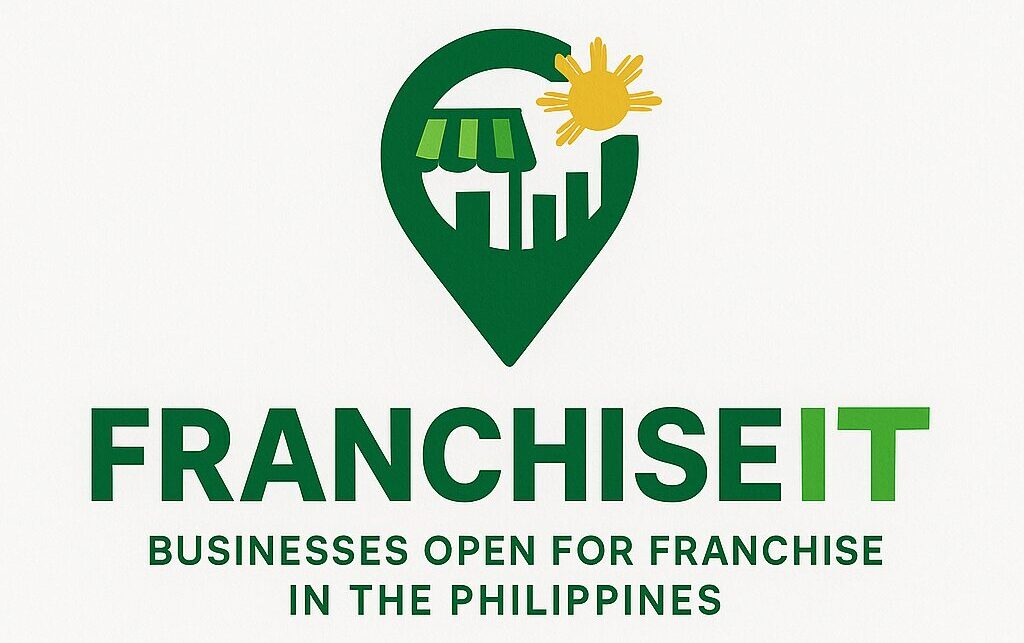Franchising in the Philippines continues to gain traction, offering aspiring entrepreneurs a ready-made business model with proven success. However, success isn’t always guaranteed. Many new franchisees jump into opportunities without doing enough research or understanding the full scope of their responsibilities. This article aims to provide practical advice on how to avoid the most common franchising pitfalls in the Philippines, helping you make smarter decisions as you embark on your entrepreneurial journey.
Sometimes, the simplest moments hold the deepest wisdom. Let your thoughts settle, and clarity will find you.
A common mistake is rushing into a franchise without fully understanding the brand or its requirements. While a popular brand name may attract customers, it doesn’t guarantee profitability. Conduct due diligence—review the franchise’s financial track record, speak to current franchisees, and examine whether its business model fits your location and target market. In the Philippines, for example, location plays a major role in consumer traffic and purchasing behavior. Some franchisees overlook this and end up placing their business in areas with poor visibility or accessibility, leading to underwhelming performance despite a good product or service.

As you dig deeper, be cautious of franchisors that promise quick returns without transparency. Ask about ongoing fees, marketing contributions, inventory sourcing, and operational restrictions. Many franchisees in the Philippines fail to realize that while you own the outlet, you are bound by the franchisor’s standards and limitations. This can be frustrating if you’re someone who prefers independence or wants to introduce changes to the product line or service style. Knowing the boundaries of what you can and cannot do will help avoid disappointment down the line.
Wrapping Up with Key Insights
Franchising can be a rewarding and smart way to enter the business world in the Philippines—but only if approached with the right mindset and preparation. Avoid rushing into decisions, and invest time in research, planning, and self-assessment. Consider your goals, financial capacity, and willingness to follow a structured system. By staying informed and cautious, you can reduce the risk of failure and increase your chances of building a profitable, long-term business. Remember, in franchising, success comes not just from the brand—but from how well you manage it.


Leave a Reply